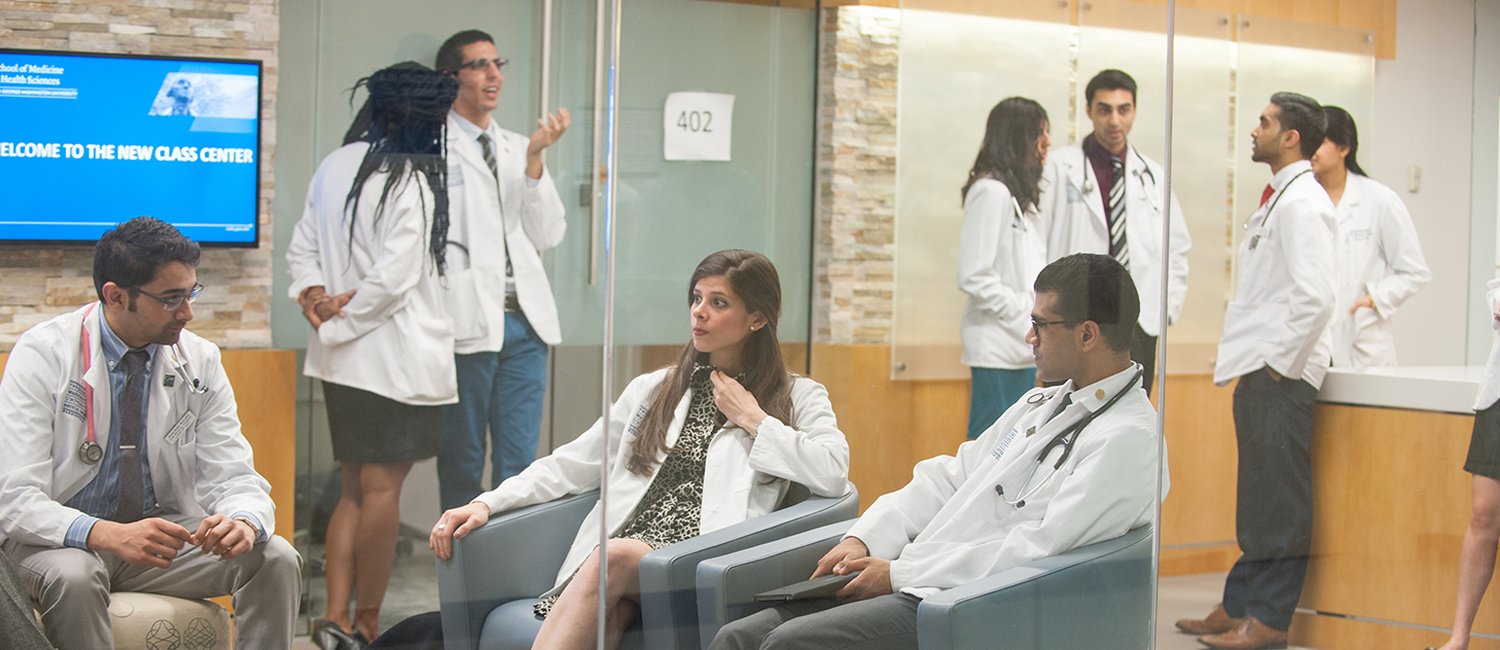
1. Attend all the orientation programming.
Your school will arrange multiple tours, introductory lectures, student panels, and social events during the first few weeks. Take these opportunities seriously. Show your advisors and program administrators that you’re engaged and ready to learn. Note the resources available to you for academic advising, counseling services, and student health.
2. Identify and build relationships with mentors.
Mentors provide the advice and guidance to help you move your career forward. Plus, they will help you make the professional connections that will open doors to residencies, fellowships, and other opportunities. Be mindful that mentoring relationships need to be mutually rewarding, so be prepared to excite your mentors’ interest in helping you grow by demonstrating your talent and potential.
3. Take an active role in your learning experience.
Successful medical students are proactive and seek additional experience and knowledge beyond what is integrated into the medical school curriculum. This might include participating in a research project, volunteering in the community, or finding a way to improve campus life. Extra effort and motivation are how leaders stand out.
4. Foster a team environment.
Contribute to a supportive learning environment within your cohort. This means helping others, showing good sportsmanship, and keeping your competitive nature in check.
5. Take care of your physical and mental health.
Balance the demands of medical school with other aspects of life by prioritizing, setting limits, and developing stress-management skills. Identify what activities help you relax, then schedule them into your week alongside classes and studying. With the heavy academic load, symptoms of depression are common among medical students. Do not hesitate to seek support if and when you need it.
6. Make time to explore career options.
Most students use the summer between first and second year to gain enrichment experiences in research, health policy, community service, global health, or a clinical setting. Many specialty societies, and a growing number of residency programs, offer scholarships to help medical students pay for these experiences. Also consider using one or more away rotations (usually in your fourth year) to expose yourself to additional specialties. Finally, when your schedule allows, participate in specialty interest groups and career-advising opportunities offered at your medical school.
7. Realize the significance of joining the medical profession.
Becoming a physician is a privilege and a responsibility. The white coat ceremony is more than symbolic; you are now a student doctor. Accept that you will be now judged by the standards of the profession. Consider the implications of this role — not only while in class or in the hospital, but at all times and in all places, especially in the community and on the internet.
Want more advice?
Visit the Careers in Medicine™ website for expert insight on maximizing opportunities during medical school to explore and achieve your career goals.